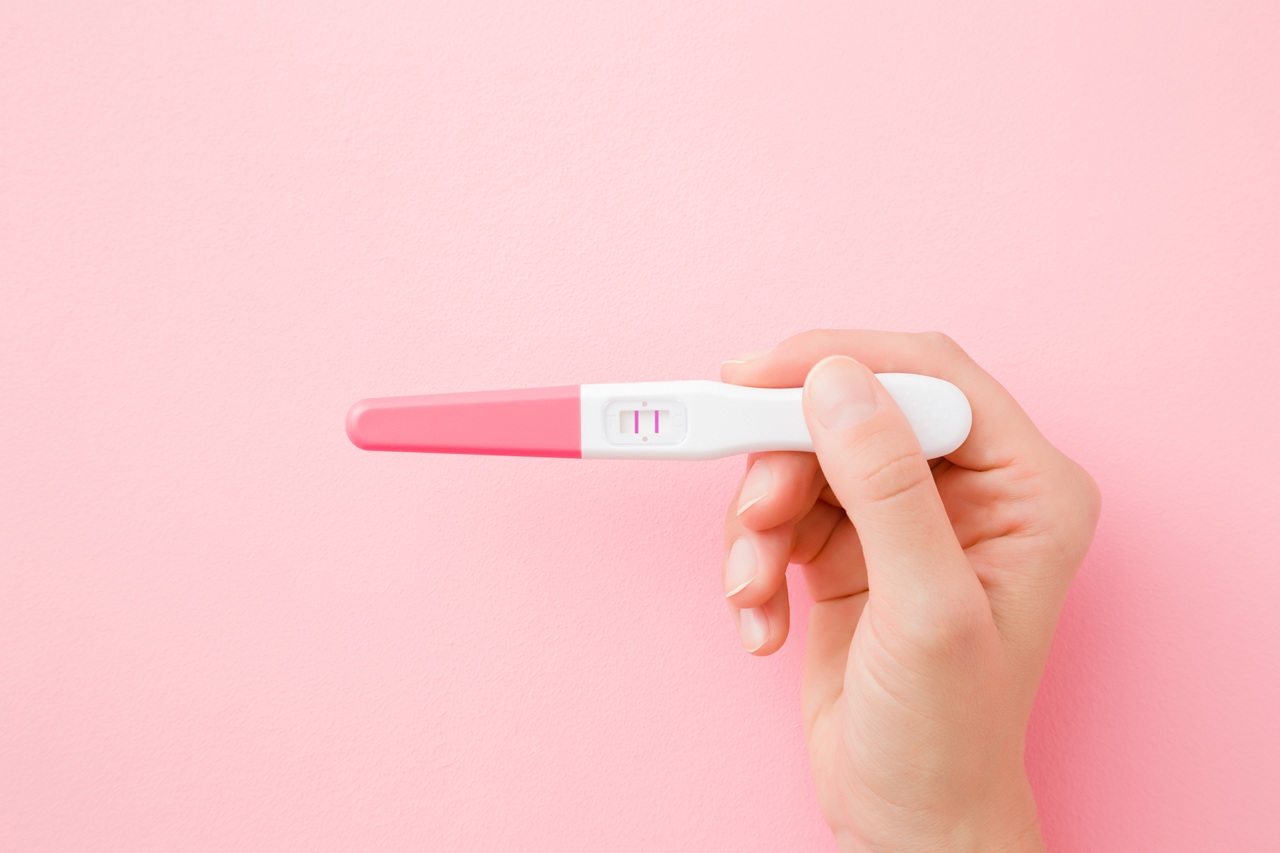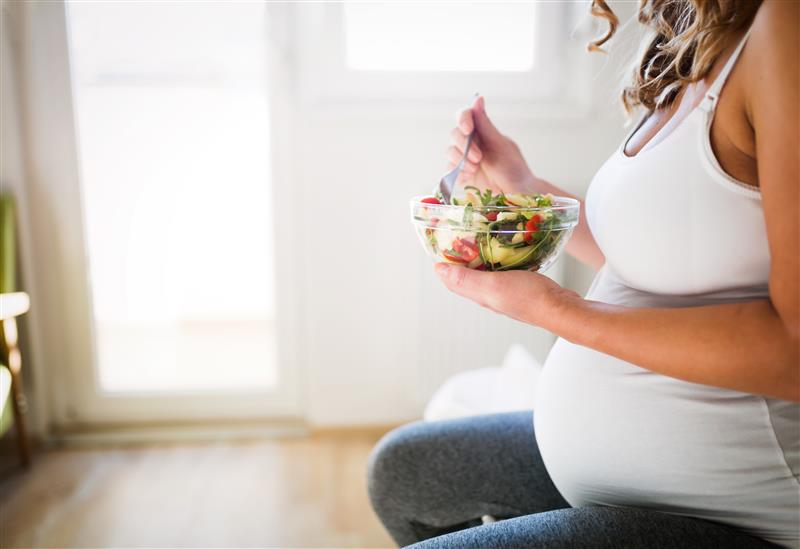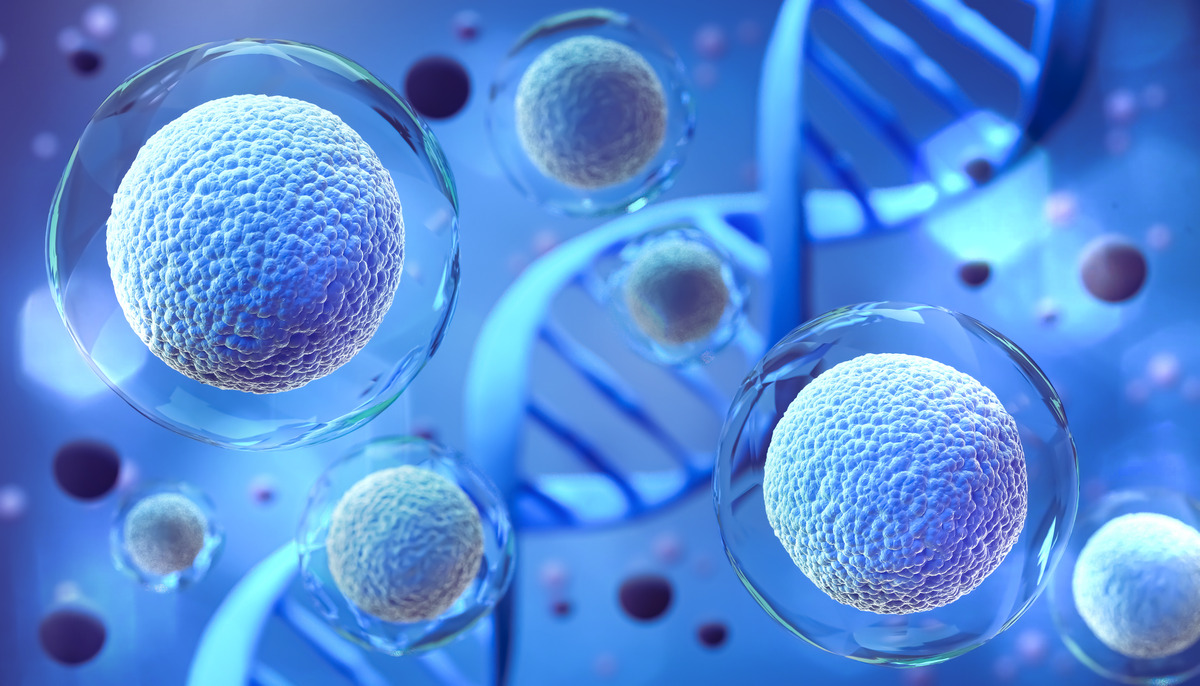10 Amazing Benefits of Eating Apples During Pregnancy

You must be familiar with the saying, “An apple a day keeps the doctor away.” However, are apples actually that healthy for pregnant women? Yes! During pregnancy, a woman's dietary demands take importance, necessitating an organized effort to nourish both herself and her developing baby. Fortunately, nature provides an abundance of nutrient-dense fruits, with apples standing out as a nutritious fruit in pregnancy. Apples are a scientifically proven nutritional choice for pregnant women.
Apples are high in important vitamins, minerals, and fiber, which provide numerous benefits throughout pregnancy. Let's look at why apples should be included in a balanced prenatal diet and how they can help you have a healthy pregnancy.
Is It Safe To Consume Apples During Pregnancy?
Apples are safe to eat throughout pregnancy. They are very nutrient-dense and abundant in dietary fiber, flavonoids, phytonutrients, and antioxidants. However, to get rid of any pesticide residues, wash the fruit well before eating. Additionally, stay away from eating apple seeds because they contain cyanide, which is bad for your health. Additionally, eating apples at night can result in indigestion.
It is also recommended to choose organic apples when possible, as conventional apples are among the most pesticide-treated fruits; peeling the skin may reduce pesticide risk, but some nutrients are concentrated in the skin.
Did you know?
According to a cohort research, eating apples during pregnancy may help protect the unborn child from asthma and wheeze.
Nutritional Value of One Medium Apple (Approximately 200 grams)
One medium-sized apple, weighing about 200 grams, is a nutrient-dense powerhouse that is rich in fiber, essential vitamins and minerals. Below is an overview of its main nutrients:
- Calories: 104 kcal (kilocalories)
- Carbohydrates: 27.6 grams (g)
- Fiber: 4.8 g
- Natural Sugars (including fructose): Nearly 21 g
- Fat: 0.3 g
- Protein: 0.5 g
- Vitamin C: About 10% of the Daily Value (DV) is met
- Potassium: Contributes approximately 5% of the DV
- Vitamin K: Contributes around 4% of the DV
- Copper: Provides roughly 6% of the DV
Apples also contain trace amounts of B-vitamins (including folate and B6), small amounts of magnesium and manganese, and plant polyphenols which act as antioxidants. The skin contains quercetin, a bioflavonoid that has anti-inflammatory and anti-allergy properties.
What Are The Health Benefits Of Eating Apples During Pregnancy?
Eating apples during pregnancy may benefit a pregnant woman and her developing fetus in the following ways:
1. Prevent Anemia
Apples are high in iron, which raises blood hemoglobin levels and helps avoid anemia. Pregnancy increases the risk of anemia, which, if untreated, may result in premature labor and low birth weight.
While apples are not the highest iron source, they contain vitamin C, which helps the body absorb non-heme iron from other plant foods when eaten together.
2. Boost Immunity
A 100-gram apple provides 4.6 mg of vitamin C, which, when consumed regularly in addition to the pregnancy diet, helps the immune system develop tolerance and fight off diseases and infections.
3. Prevent Free Radicals
Apples include potent antioxidants including flavonoids and phytochemicals that help the body fight off free radicals. Otherwise, free radicals may cause oxidative damage to DNA, cells, and functioning.
4. Boost Energy Instantly
Apples include simple carbohydrates like sucrose, fructose, and glucose that provide you a quick energy boost. When you are hungry or experiencing low blood sugar, it can be useful to have an apple close at hand.
5. Protect Your Heart
Including the consumption of apples in pregnancy guide for every single day lowers inflammation of the arterial walls, plaque development, and harmful cholesterol levels.
Apples also contain soluble fiber (pectin), which can help lower LDL (“bad”) cholesterol and promote cardiovascular health, a key concern during pregnancy.
6. Avoid Cancer
Frequent apple consumption lowers the risk of breast, colorectal, lung, and digestive system cancers. According to some medical research, eating apples regularly can reduce the risk of developing colorectal cancer.
Phytochemicals like phloridzin and catechins in apples may contribute to their anti-cancer effects, but more research is needed on their direct impact during pregnancy.
7. Avoid Respiratory Problems
Apple consumption during pregnancy can reduce the incidence of allergic disorders and childhood asthma. Apples include antioxidants that strengthen your lungs.
8. Manage Morning Sickness and Nausea
Apples are a quick source of energy as they are easy to digest and contain natural sugars. Additionally, they contain pectin, a soluble fiber that may be helpful when indigestion triggers nausea and may help in the absorption of excess stomach acid.
9. Possible Long-Term Benefits for Baby
According to new research, eating apples during pregnancy may help the unborn baby in the future. Research suggests that consuming apples may lower the baby's chance of later getting asthma, allergies, and wheezing.
Early introduction of polyphenols and antioxidants from maternal diet may help with fetal lung development and immune system maturation, reducing childhood respiratory issues.
10. Hydration Benefits
Apples are a great way to remain hydrated. They are primarily made of water and help expectant mothers stay hydrated, which is important during pregnancy. Proper hydration is required for nutrient absorption, waste elimination, and temperature control.
Eating water-rich fruits like apples also helps prevent constipation, a common complaint in pregnancy by promoting regular bowel movements.
Side Effects: Excessive Consumption of Apples During Pregnancy
Be mindful of how many apples you eat, as overconsumption can lead to the following complications:
Effects on metabolism: Eating too many apples raises carbohydrate intake, which raises sugar levels, slows metabolism, and prevents your body from burning fat.
Weight issues: Eating too many apples will raise your caloric intake, which will make it harder to control your weight later in pregnancy.
Additionally, excess fructose from apples can contribute to bloating or digestive discomfort if consumed in very large quantities. Apple juice is not recommended as a substitute for whole apples, as it lacks fiber and can spike blood sugar.
Pregnant women should consume two to four servings of apples each day, with one serving roughly equal to one medium-sized whole apple.
Bottom Line
Apples are a healthy and safe addition to a woman's pregnancy diet. You can take advantage of their nutritional power to promote both your health and the development of your developing child by carefully and safely integrating them into your daily routine. To make sure you are designing a customized, well-balanced prenatal diet that suits your unique requirements and preferences, it is important to speak with your doctor or a qualified dietitian.
While you’re getting ready to welcome your newborn, there are many other things that can be worth considering. One such thing is preserving your baby’s cord blood. Stem cell preservation offers life-saving opportunities to you and your baby from fighting against various diseases.
With Cryoviva, a multinational cord blood bank, learn the various importance of preserving your baby's cord blood stem cells. Sign up or contact us to know more!














 Enquiry
Enquiry
 Email
Email Phone
Phone
 Whatsapp
Whatsapp